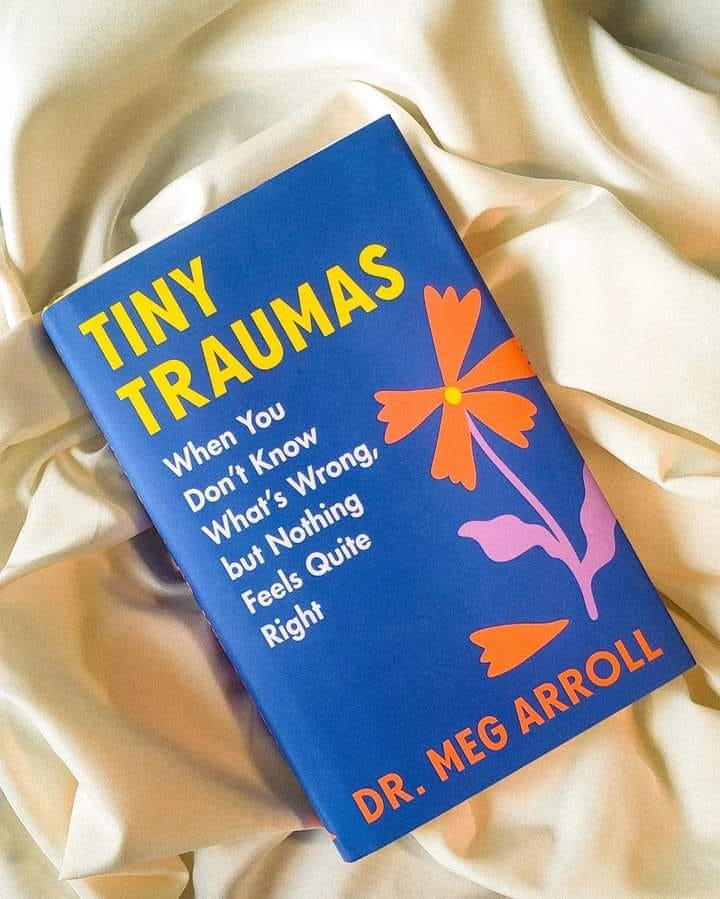Understanding Tiny Traumas: The Hidden Impact on Mental Health
Introduction
In the realm of mental health, we often hear about significant traumatic events—such as natural disasters, accidents, or personal loss. However, there is a growing recognition of “tiny traumas,” the seemingly minor yet impactful experiences that can accumulate over time, shaping our emotional well-being. These small, often overlooked incidents can leave lasting effects, leading to anxiety, low self-esteem, and difficulty in relationships.
What Are Tiny Traumas?
Tiny traumas refer to everyday experiences that may not qualify as traditional trauma but still evoke feelings of distress. Examples include:
- Bullying or teasing: Comments or actions from peers that undermine self-worth.
- Neglect: Instances where emotional support was lacking, even if unintentional.
- Rejection: Being left out of social situations or feeling unwelcome in certain environments.
- Parental criticism: Ongoing negative feedback from caregivers that impacts self-image.
- Failed expectations: Not meeting personal or societal benchmarks, leading to feelings of inadequacy.
The Accumulation Effect
The impact of tiny traumas often lies in their cumulative nature. While one isolated incident might seem trivial, repeated occurrences can lead to significant emotional distress. Over time, individuals may find themselves grappling with:
- Anxiety: Persistent worry stemming from unresolved feelings about past incidents.
- Depression: A sense of hopelessness that can arise from ongoing negative experiences.
- Trust Issues: Difficulty forming relationships due to fear of repeated rejection or criticism.
- Low Self-Esteem: Continuous exposure to negative experiences can erode self-worth.
Recognizing Tiny Traumas
Understanding and identifying tiny traumas is crucial for healing. Some signs to watch for include:
- Emotional Triggers: Intense reactions to seemingly minor events that remind individuals of past experiences.
- Avoidance: Steering clear of certain situations or people due to past discomfort.
- Negative Self-Talk: A pattern of critical inner dialogue that echoes past criticisms.
Coping and Healing Strategies
- Acknowledge Feelings: Recognizing the emotional impact of tiny traumas is the first step toward healing. Journaling can help articulate these feelings.
- Talk About It: Sharing experiences with trusted friends, family, or a therapist can provide validation and support.
- Practice Self-Compassion: Treat yourself with kindness and understanding, acknowledging that it’s okay to feel hurt by past experiences.
- Mindfulness and Meditation: These practices can help ground you in the present, reducing anxiety about past events.
- Seek Professional Help: A mental health professional can guide you through the process of understanding and healing from tiny traumas.
Conclusion
Tiny traumas may not capture headlines, but their effects are very real and can significantly impact mental health. By acknowledging these experiences and understanding their cumulative impact, individuals can take steps toward healing and resilience. Embracing self-compassion and seeking support are vital components in overcoming the hidden burdens of tiny traumas, ultimately leading to a healthier, more fulfilled life.
